In recent years, weight loss injections have gained significant popularity as an effective solution for shedding excess pounds. These injections promise to accelerate fat loss, suppress appetite, and boost metabolism, offering a convenient option for those struggling with weight management. But do they really work, and are they safe? This comprehensive guide delves into the science behind weight loss injections, the types available, their benefits, potential side effects, and much more.
What Are Weight Loss Injections?
Weight loss injections(حقن لتخفيف الوزن) are medical treatments designed to help individuals lose weight by utilizing specific compounds or hormones that target fat metabolism, appetite regulation, or overall energy balance. These infusions work in combination with a healthy diet and exercise routine to enhance fat burning and support sustainable weight.
How Do Weight Loss Injections Work?
Weight loss injections work through a variety of mechanisms depending on the specific substance being injected. Here are some of the key ways they help in fat loss:
- Increasing Metabolism: Some weight loss contain ingredients that stimulate your metabolism, increasing the rate at which your body burns calories. This helps your body convert stored fat into energy more effectively.
- Suppressing Appetite: Certain injections act as appetite suppressants, helping you control hunger and reduce food cravings. By controlling your appetite, you’re likely to consume fewer calories, leading to weight loss.
- Improving Fat Breakdown: Other types of injections are designed to target fat directly, breaking down stored fat cells and helping your body eliminate them more efficiently.
- Boosting Energy Levels: Many injections also enhance energy levels, making it easier to engage in physical activity and burn even more calories.
Types of Weight Loss Injections
There are several types of fat loss injections available, each with a different active ingredient and mechanism of action. Below are the most common types:
1. HCG Injections (Human Chorionic Gonadotropin)
HCG is a hormone naturally produce during pregnancy. these injections are used in weight loss programs to help accelerate fat loss. They are typically paired with a very low-calorie diet (VLCD), and many people report rapid weight loss while using this method. However, the efficacy of HCG injections in weight loss is still debat by some experts, as its benefits may be more related to the calorie restriction rather than the hormone itself.
2. Lipo-B Injections
Lipo-B, or lipotropic injections, are a combination of several ingredients such as methionine, inositol, choline, and vitamin B12. These components work together to promote fat metabolism, reduce fat storage, and enhance overall energy levels. Lipo-B are often use as a supplement in weight loss programs to help speed up the process.
3. Semaglutide Injections
Semaglutide is a medication originally use to manage type 2 diabetes. Recent studies, however, have shown its potential in aiding weight loss. Semaglutide works by mimicking a hormone that regulates appetite, helping individuals feel full faster and for longer. It also slows down gastric emptying, which makes you feel more satisfied after eating smaller meals.
4. Vitamin B12 Injections
Vitamin B12 is essential for energy production, metabolism, and red blood cell formation. While not directly a fat-burning injection, Vitamin B12 are commonly use as part of a weight loss plan because they provide an energy boost, helping individuals stay active and burn more calories during exercise.
Benefits of Weight Loss Injections
Fat loss injections offer several potential benefits for those looking to shed pounds. Some of the key advantages include:
1. Faster Weight Loss
One of the primary benefits of fat loss injections is the speed of results. While traditional fat loss methods such as dieting and exercising can take time to show results, injections can significantly accelerate the process. This quick action is often motivating, helping individuals stay committed to their weight loss goals.
2. Appetite Control
Many fat loss injections contain appetite-suppressing ingredients that can help reduce food cravings and hunger. This makes it easier to stick to a calorie-controlled diet, leading to more sustainable and effective weight loss.
3. Increased Energy Levels
With the combination of fat-burning and metabolism-boosting properties, fat loss injections can provide a boost in energy. This added energy encourages more physical activity, which in turn helps burn more calories and improve overall fitness.
4. Minimal Invasive Option
Unlike surgical fat loss options like liposuction or gastric bypass, fat loss injections are relatively non-invasive. They require only small injections and can typically be done in a healthcare professional’s office, making them a convenient and accessible option for many.
Potential Side Effects of Weight Loss Injections
Like any medical treatment, fat loss injections come with potential side effects. It is crucial to consult with a healthcare provider before starting any weight loss injection regimen to ensure it’s safe for you. Some common side effects include:
- Nausea and Vomiting: Some individuals may experience nausea, especially when using appetite-suppressing injections like semaglutide.
- Headaches: A common side effect of many fat loss injections, particularly those that boost metabolism.
- Dizziness: Changes in appetite and metabolism may cause dizziness, especially during the initial stages of treatment.
- Fatigue: While fat loss injections can increase energy in some people, others may feel fatigued as their body adjusts to the new treatment.
- Injection Site Reactions: Redness, swelling, or pain at the injection site is possible with any injection.
Who Should Consider Weight Loss Injections?
These injections are generally recommend for individuals who have struggled with traditional weight methods or have a significant amount of fat to lose. They are also ideal for those with busy lifestyles who may find it challenging to follow a strict diet and exercise routine.
Ideal Candidates:
- Individuals who are overweight or obese
- People who have been unable to lose weight through traditional methods
- Those with conditions such as a slow metabolism or hormonal imbalances
- People who are committ to making long-term lifestyle changes to maintain weight loss
Who Should Avoid Weight Loss Injections:
- Pregnant or breastfeeding women
- Individuals with certain health conditions, such as uncontrolled diabetes, liver disease, or heart disease
- People with a history of allergic reactions to the ingredients in fat loss injections
FAQs About Weight Loss Injections
1. Do weight loss injections work without diet and exercise?
While fat loss injections can help accelerate fat burning and suppress appetite, they are most effective when used in conjunction with a healthy diet and regular exercise. They are meant to be a supplement to a healthy lifestyle, not a replacement.
2. Are weight loss injections safe?
These injections are generally safe when administered by a trained professional. However, as with any medical treatment, there are risks and potential side effects. It’s important to consult a healthcare provider to determine if they are right for you.
3. How long does it take to see results with weight loss injections?
The timeline for results varies depending on the type of injection and the individual. Some people may start seeing results within a few weeks, while others may take a few months. It’s important to follow your healthcare provider’s recommendations to achieve the best results.
4. Can I continue weight loss injections indefinitely?
Most weight loss injections are intend to be used for a set period, often several months. Prolong use should be monitor by a healthcare provider to ensure it’s safe and effective.
Conclusion
Weight loss injections offer an innovative solution for individuals looking to accelerate their fat loss and enhance their weight management journey. Whether you’re seeking to suppress appetite, boost metabolism, or break down fat more efficiently, these injections can provide the extra support needed to achieve your goals. However, like any treatment, they should be used under the guidance of a healthcare provider and alongside a healthy lifestyle to ensure the best and most sustainable results.


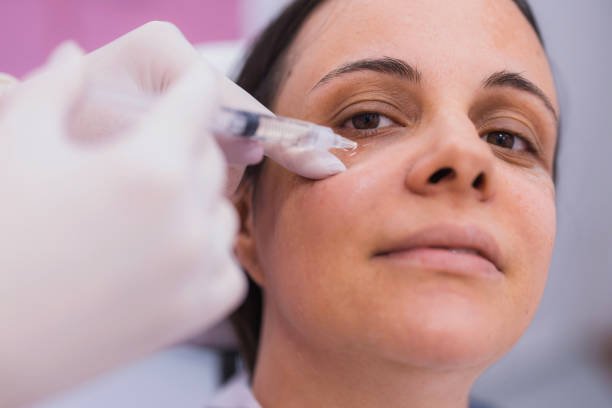

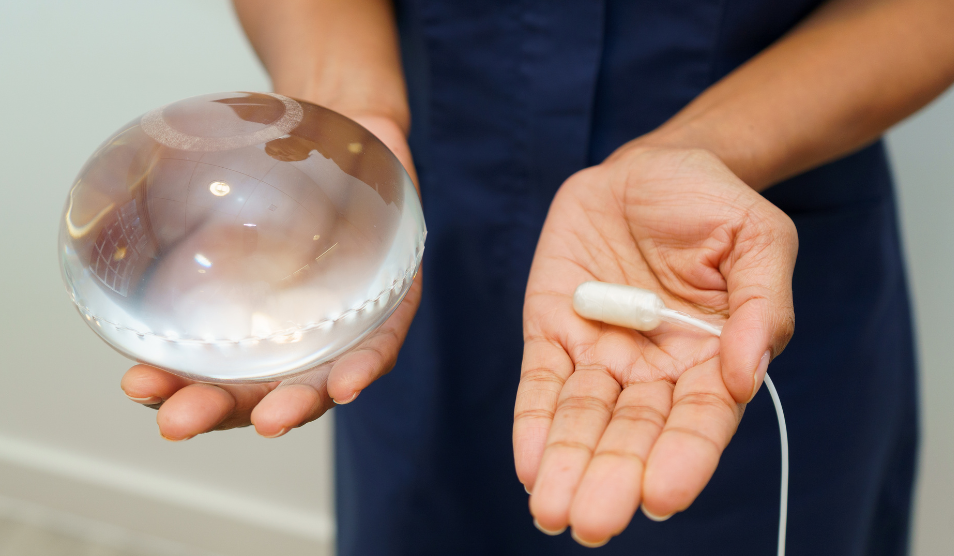
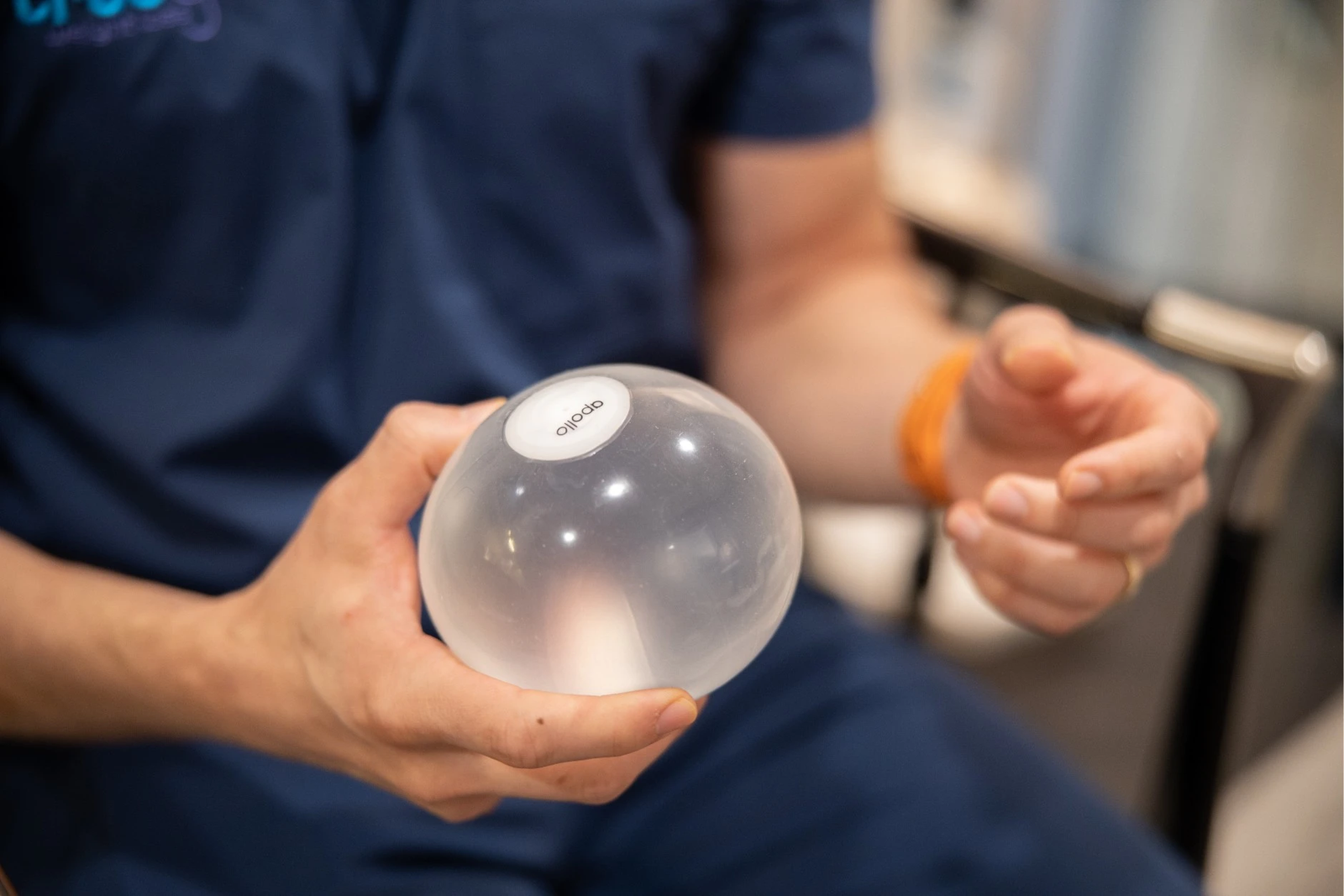
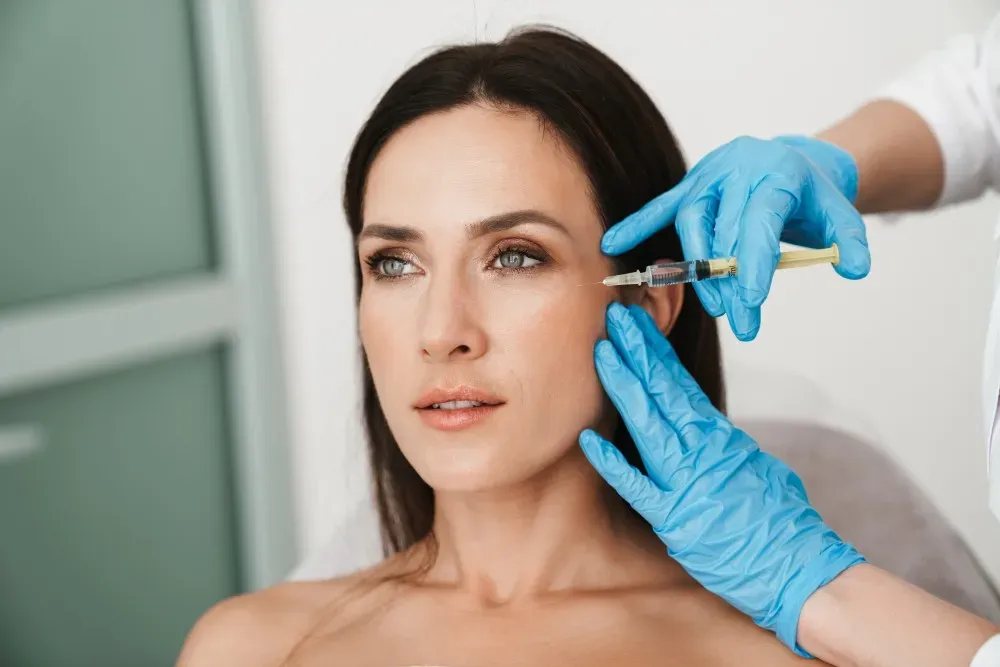

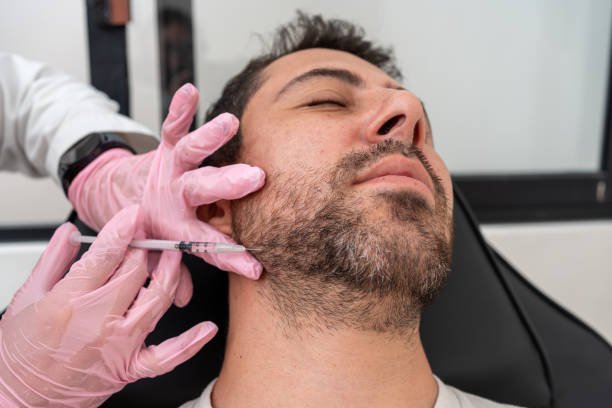







Leave a Reply